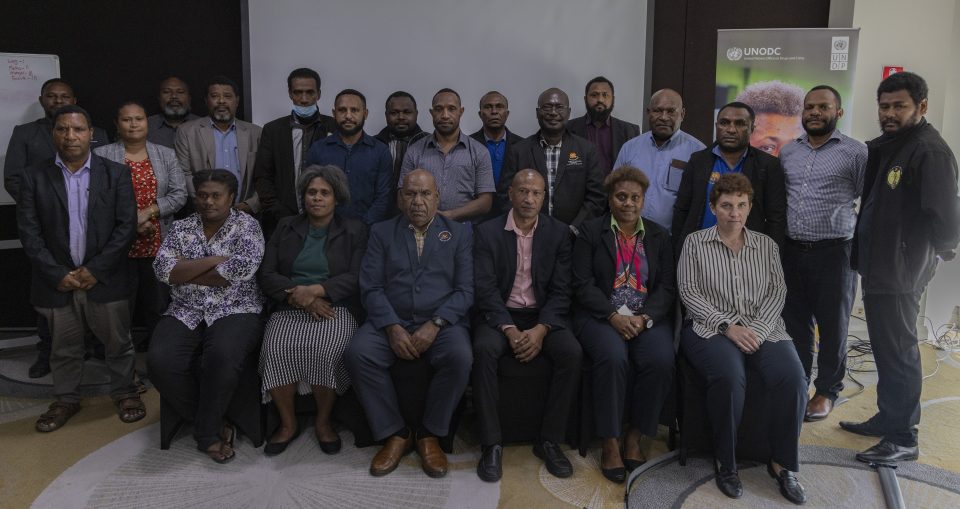The two-day workshop on Corruption Risk Assessment and Mitigation Plans for the Public Sector Departments has concluded equipping participants with vital skills to identify and address corruption within their organizations.
The attendees, representing the Social Law and Order Sector (SLOS) departments—education, health, and mining—benefited from comprehensive training that emphasized the importance of preventive measures and controls to mitigate corruption risks.
Dr. Alma Sedlar, Chief Technical Advisor (anti-Corruption) at UNDP, highlighted the workshop’s success in enhancing participants’ abilities to implement strategies to reduce corrupt practices in their offices. “The workshop has enabled them to have the skills to implement preventive measures and controls to mitigate risks to reduce the incidence of corrupt practices within your offices,” she stated.
Participants engaged in presentations and interactive discussions, learning essential tools for identifying corruption risks and developing effective mitigation strategies tailored to their respective departments. With this newly acquired knowledge, they are expected to draft pilot mitigation plans for their offices to be reviewed and endorsed by their senior management teams.
Mrs. Josephine Pitmur, Deputy Secretary of the Department of Justice and Attorney General (DJAG), stressed the broader impact of such risk assessments. She specified, “Conducting risk assessments promotes transparency by identifying and addressing weaknesses in institutions and organizations. This process supports a culture of accountability and transparency.”
The workshop was organised by UNDP under the European Union- funded Transparency and Accountability in Papua New Guinea Project (TAP in PNG Project), in partnership with the Department of Justice and Attorney General.


